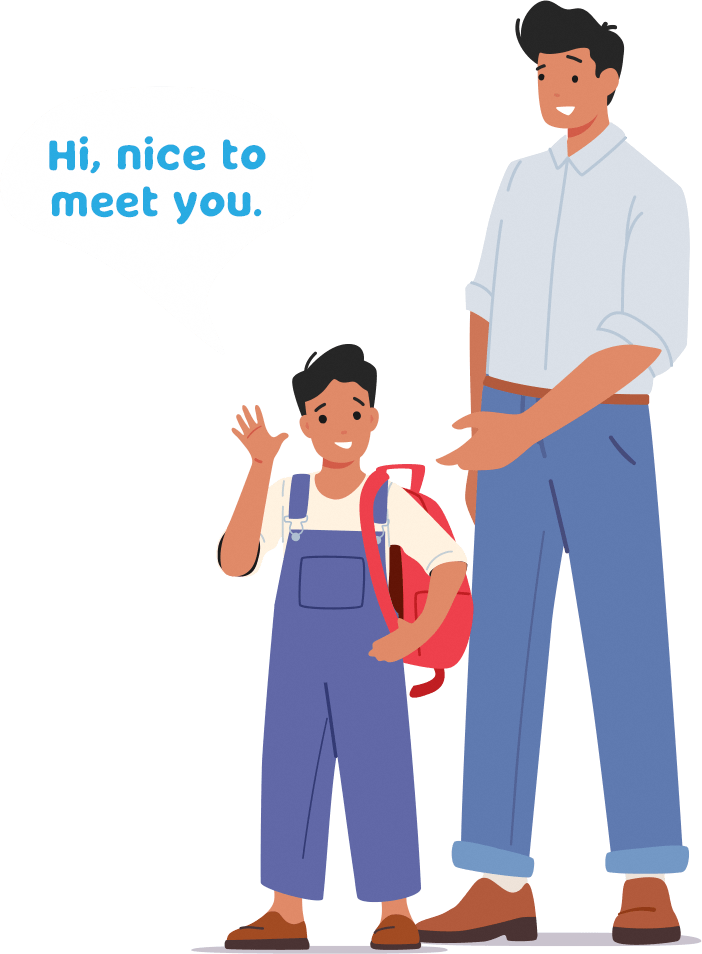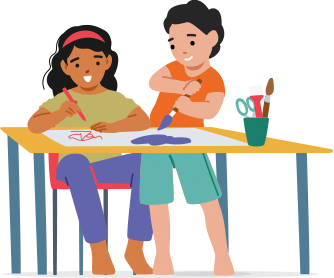-
Create opportunities for them to interact with other children (e.g. at the playground)
-
Try organising playdates or birthday parties with other parents who have children of similar age groups
-
This can be a good opportunity for them to play and learn about each other, which will allow them to form and deepen friendships
-
What are some ways you can help your child form healthy relationships?
As a parent, you can provide your child with opportunities to interact with others and build good relationships. This can be done by exposing them to a range of social situations in a safe environment that matches their level of development.
Beyond their own peers, you should also help your child see the importance of building healthy relationships with supportive extended family members (e.g. cousins, grandparents, uncles, aunties). For example, you can facilitate interactions between your child and their extended family members during gatherings or even holiday trips.
How can you help your child form good friendships?
Have conversations with your child on the qualities that make a good friend (e.g. honesty, a non-judgemental attitude, loyalty, dependability, integrity, trustworthiness). Encourage them to not only look for these qualities in their friends but be a good friend themselves by modelling these qualities.
Should your child find it hard to make friends, check in with them about their reasons or fears behind their hesitance to make friends. You can also provide support by practising with them what they can say beforehand (e.g. “Hi, nice to meet you. I’m <name>. What’s your name?”).

If your child is facing friendship issues, you can offer guidance and support by offering to listen to their troubles and asking curious questions to help your child think of ways to solve the issue.
Some conversation starters you could use are:





As older children are usually figuring out the balance between being themselves and fitting in with others, you can provide them with additional support by:
-
Let them know they can talk to you or any trusted friend if they feel peer pressured to do things/act in ways they are uncomfortable with

-
This gives you a chance to build healthy relationships and supportive networks with them
-
However, remember to be respectful of their privacy and wishes by first getting their permission to do so




